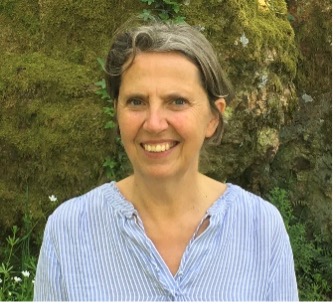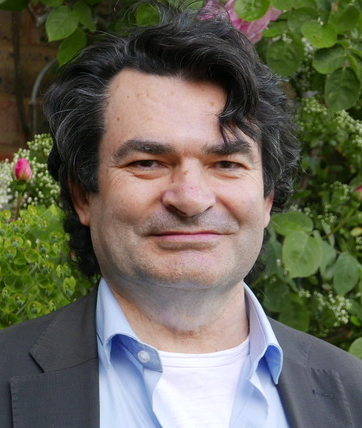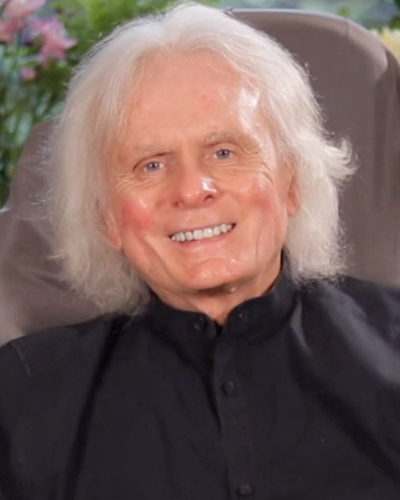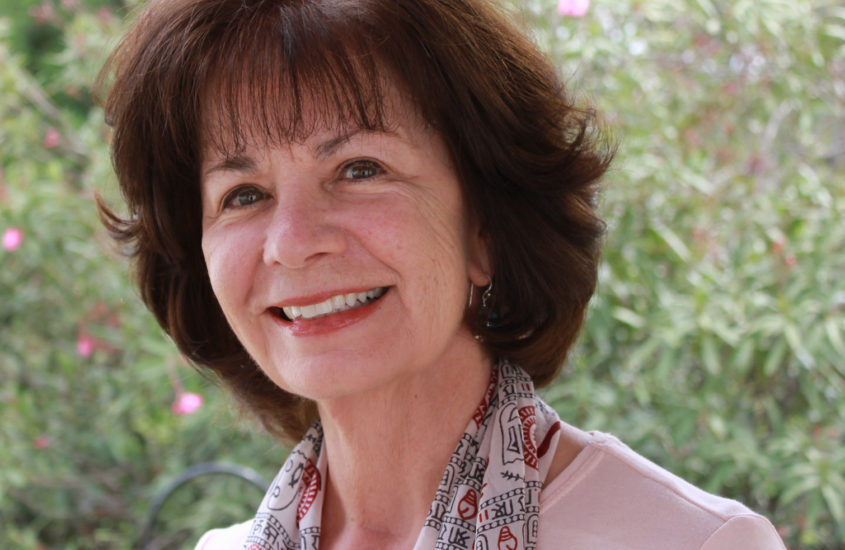The Art of Living: A Journey of Transformation
The Art of Living: A Journey of Transformation
With Mukesh Gupta and Ann Engels
July 29 – 31, 2022
Zoom Online
For this workshop, Mukesh joined us on Zoom from Varanasi, India, and Ann from Belgium. It was the first time the two had collaborated for an event sponsored by the Krishnamurti Educational Centre of Canada. There were between fifteen and seventeen participants (all included) at each of the three two-hour meetings over the three days. The format was quite familiar, with guided meditations to open each session, talks by each of the group leaders, small breakout groups for more intimate exploration, and time for group discussion or dialogue, including questions from participants and responses from the facilitators and group members.
The first meeting on the Friday evening was opened by Mukesh with some questions which he integrated into the meditation. He asked us all if we could say we are fully here, fully present without resistance. The playing of music and nature sounds were an aid to help us. Further challenging questions invited us to look carefully at our state of awareness. Why are we not completely peaceful? Why do we live in the past, in the activity of thought? Where is the heart in our living and can we learn to live with love and compassion? Can we learn this art together?
Mukesh pointed out that if we seriously want to learn the mind will be quiet and attentive, listening deeply and observing all the activities of thought as well as our emotional reactions to the life we live. This watchfulness dissolves the reactiveness of the mind and without effort produces a space of awareness, freedom, and love. This is learning through “the mirror of relationship”, as Krishnamurti so often says. This learning was emphasised in different ways throughout the weekend and discussed in the small and full group formats. There was also a variety of questions exploring a breadth of issues centred around “choiceless awareness” and related inquiries. There were regular reminders to stay in an attitude of slow and careful investigation, appreciating our connectedness and caring for each other. By being patient, our questioning, looking, and listening may be making a more powerful impact on us than we consciously realise and love may appear of its own accord.
The importance of self-knowledge was communicated often and a variety of subtle points and questions were investigated. It is not an intellectual process. Can we see the whole picture of ourselves in one glance and be free of our egoic patterns? Is choiceless awareness something that can be “known” or is it an aspect of the “Unknown”? This seemed like a very good question to take with us into our everyday lives and to renew as a moment to moment non-continuous “meditation” which has the power to teach us the art of living and the reality of transformation in our lives.
DB









